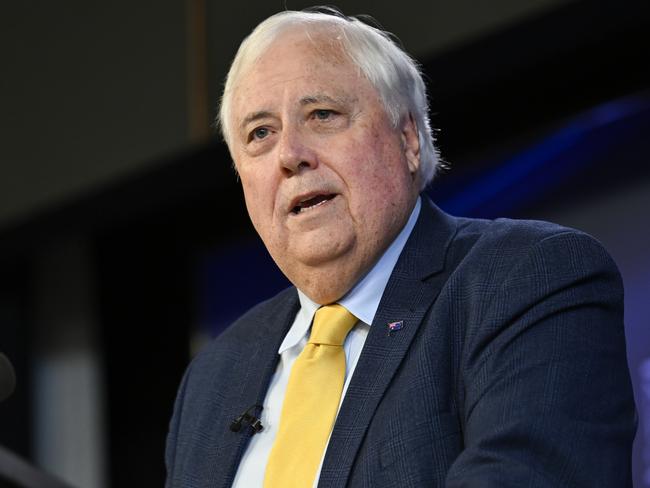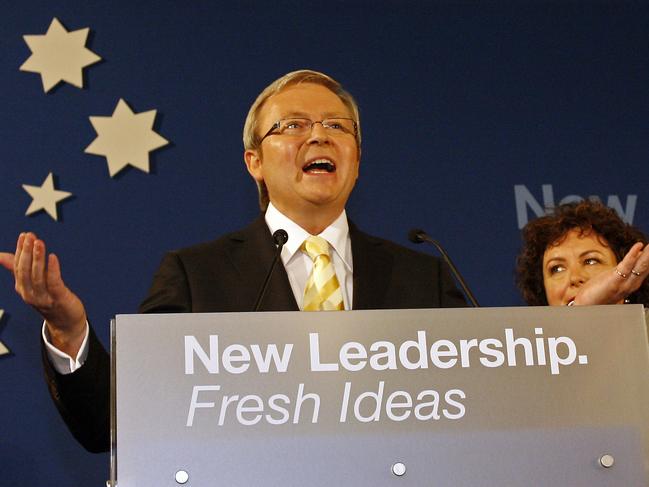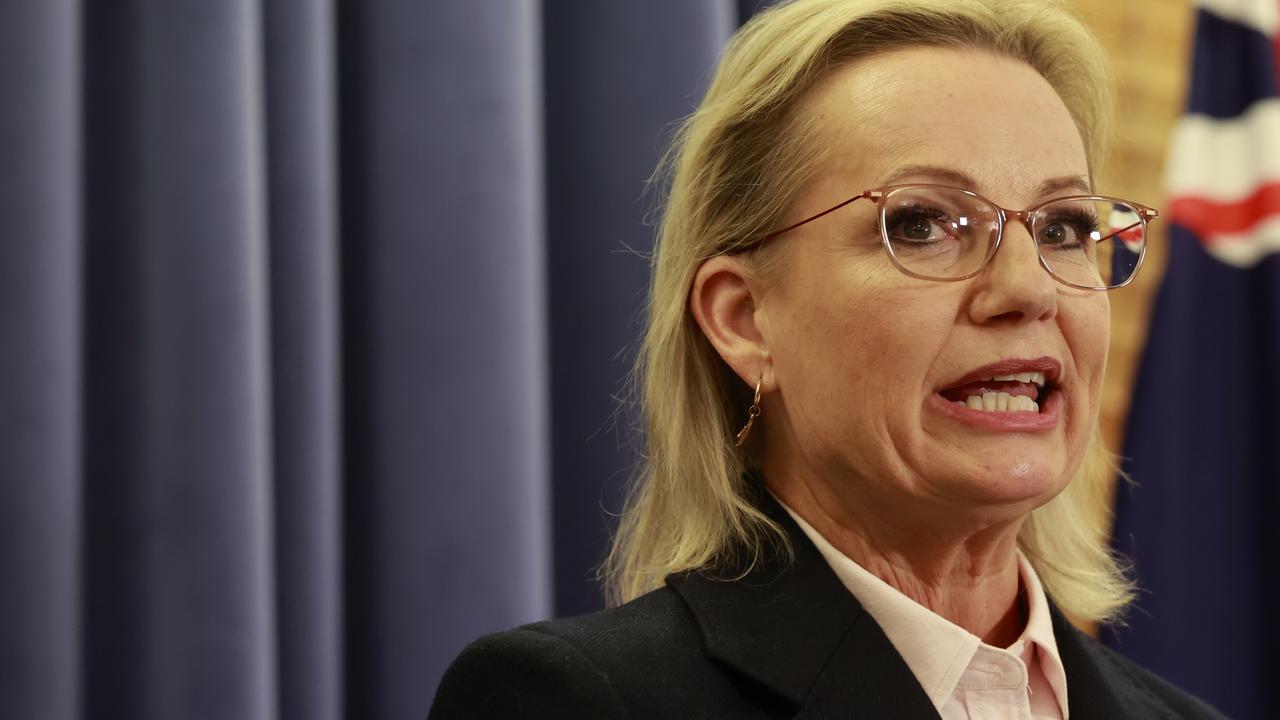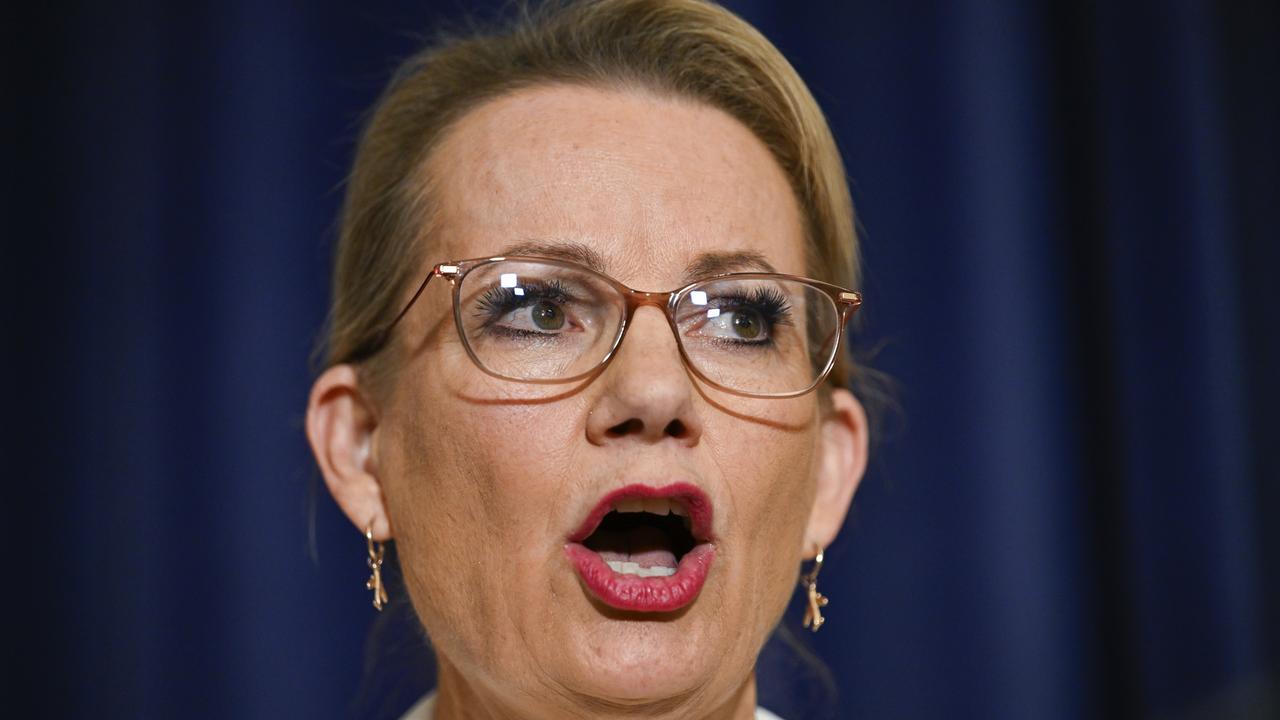Opinion: Albo the ascendant after Dutton peaks too early
Labor has a spring in its step following an interest-rate cut and a shocking couple of months for Peter Dutton, writes Paul Williams. VOTE IN OUR POLL
Analysis
Don't miss out on the headlines from Analysis. Followed categories will be added to My News.
Prime Minister Anthony Albanese will visit Governor-General Sam Mostyn on Friday and advise the dissolution of 47th Parliament.
It’s a timing Labor didn’t want, and following a tepid budget desired even less.
The sweet 2024 budget was designed to be the last pre-election economic statement, with a late 2024 election planned on the heels of long-expected Reserve Bank interest rate cuts.
No 2024 cuts arrived but a March cyclone did, so here we are – set for an unusual campaign following a busy parliamentary term.
For one, the House of Representatives shrinks a tad from 151 seats to just 150.
For another, over half the House’s seats have been affected by boundary changes and, third, no federal government has been staring down the barrel of defeat so seriously after a single term since Labor prime minister Jim Scullin was scuttled in 1931.
This campaign will also see ludicrously small policy targets not only from the Coalition Opposition but, perversely, from the Labor government too.
For three years Liberal leader Peter Dutton has framed his tactics around attacks on Albanese personally, and on a global cost-of-living crisis that is the blame of no single body.
Dutton’s own policy package appears frighteningly slim; use your superannuation to buy a house, build nuclear reactors, cut fuel excise, match Labor on health spending, and end “wokeism”.
Labor’s policy target is almost as small, choosing instead to rely on a record of lower inflation, rapid job creation, higher wages and lower taxes, and cost-of-living support.
The modest $5-a-week tax cut, announced on Tuesday, is just one example of a Labor Party desperately avoiding over-commitment in uncertain times.
This election, then, will be issues-based rather than policy-focused, with one issue dominating – the cost of living.
Of course, underneath that umbrella will be debates over how much cheaper or expensive nuclear power will make electricity, and whether Medicare bulk-billing and a PBS scheme can stand up to added pressure.
And in the absence of policy debates, expect a quasi-presidential campaign – almost a referendum on who Australians want more as prime minister – that will inevitably turn personal and ugly.
If the opinion polls are right – and there’s no reason to mistrust them since methodologies were improved after the 2019 debacle – this election will most likely result in a hung parliament, with no party winning at least 76 seats.

But Labor, with a spring in its step following an interest-rate cut and a shocking couple of months of Dutton gaffes, is sure of another majority.
After winning the after-preference vote in just one of the previous 30 polls published between early December and early March, Labor has now won six, and tied in two, of the last 10 polls. Indeed, the most recent Roy Morgan poll pegs Labor’s primary vote at 33.5 per cent – a smidge higher than its 2022 election result, with the LNP vote slightly lower than in 2022.
If Morgan’s 53 per cent to Labor is uniform across Australia, Albanese will retain the 78 seats he currently holds, and potentially pick up four more Coalition seats.
But that’s most unlikely.
Instead, expect another huge vote for minor parties and Independents, with all Teals likely to be re-elected, but with One Nation, Clive Palmer and even the Greens vote muted.
For years, Queensland was kingmaker given the number of marginal seats that would regularly change hands.
In 2007, Kevin Rudd rode into The Lodge on the nine Queensland seats he won from the Coalition. But, in more recent times, Queensland has been conservatively static.

With the Labor brand very much on the nose at local, state and federal level, no one is expecting Albanese to pick up anything in Queensland, least of all the LNP’s most marginal seat, Dickson, held by Dutton himself.
Similarly, while there will be a big swing to the LNP in Queensland, it won’t be enough to seize Labor’s most marginal seat of Blair.
There’s simply no more low-hanging Labor fruit left for the LNP to harvest.
But watch out for the three Green seats of Ryan (possibly recaptured by the LNP) and Brisbane and Griffith, each genuine three-way races.
The real action at this election will instead take place in leafy Perth, where the Liberals are polling worse than they had hoped, and western Sydney and outer Melbourne, where Labor is in real trouble.
But, with Dutton needing a 5.3 per cent swing to win 18 seats and a majority, a minority Labor government propped up by Teals, Greens and other Independents appears most likely.
It’s going to be a very long four weeks.
Paul Williams is an associate professor at Griffith University
More Coverage
Originally published as Opinion: Albo the ascendant after Dutton peaks too early




